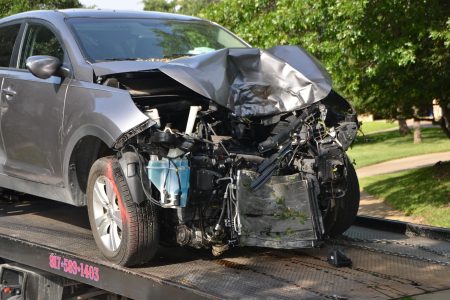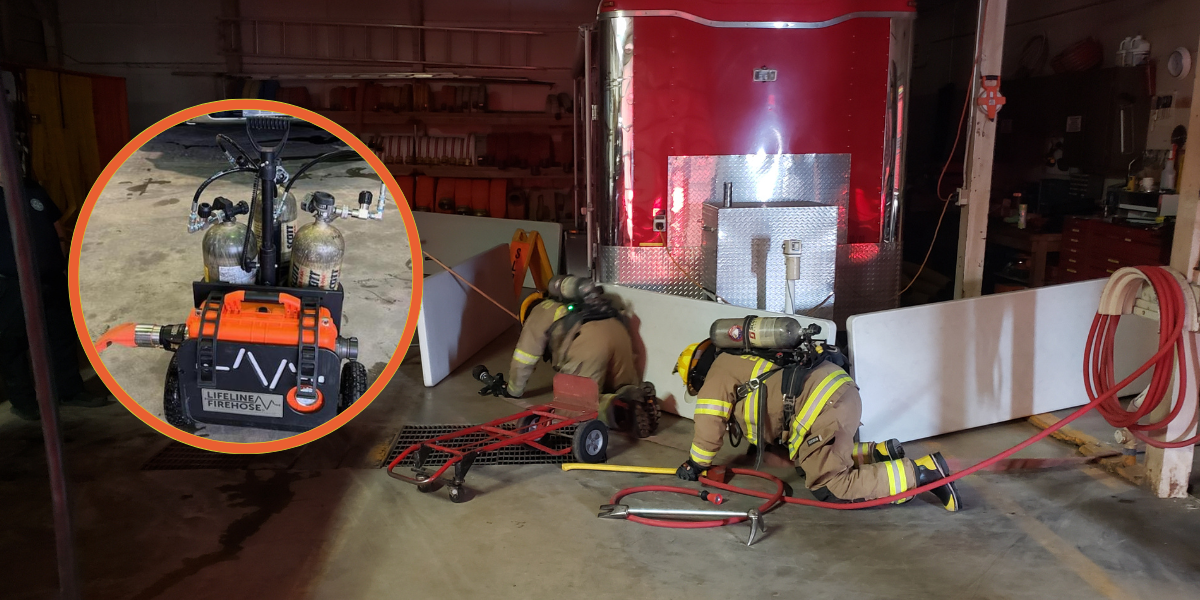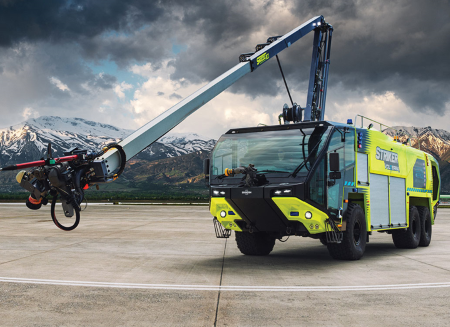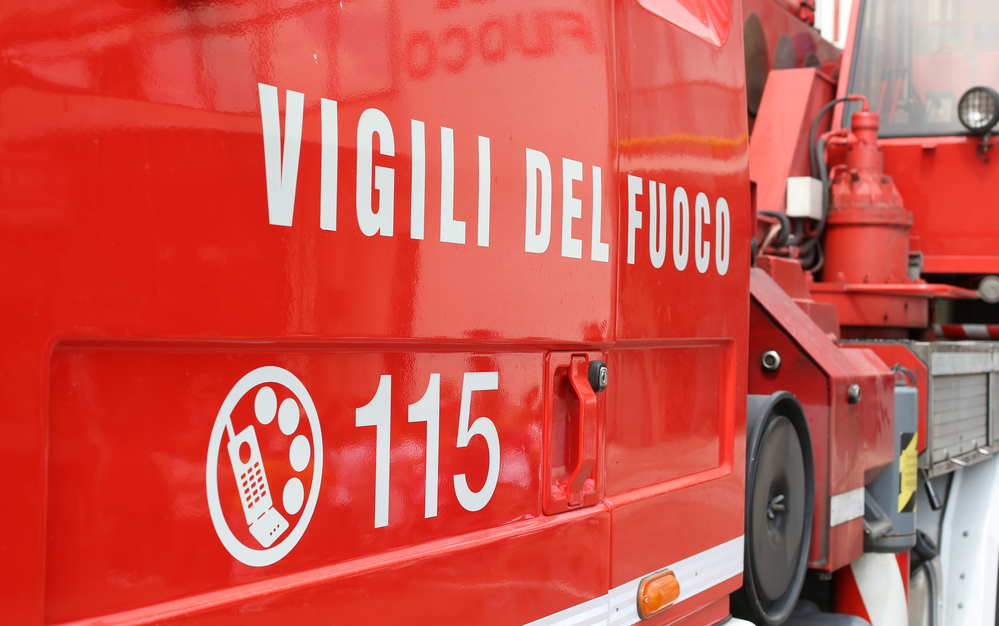Plans are in motion for an overhaul of how fire services rescue trapped passengers from wrecked vehicles amidst growing evidence suggesting that the previous measures of refraining from moving victims could be detrimental to survival rates.
In the past year there have been 127967 recorded casualties and 1560 deaths as a direct result of motor vehicle collisions. Of this number, 7000 cases required wrecked vehicles to be opened with rescue crews’ ‘Jaws of Life’ equipment in order to free any trapped individuals, in a process emergency services call extrication.
While a small number of cases require the utmost delicacy in handled victims who have limbs trapped in the wreckage or are outright so injured that they are incapacitated, many victims are able to vacate the vehicle safely and unaided but refrain from doing so in fear that any further movement would exacerbate injuries, especially pertaining to injuries involving the spine.
Dr Tim Nutbeam, NHS emergency medicine consultant and medical lead for Devon air ambulance said: “Since at least the 1980s, firefighters have been trained with movement minimisation as the absolute paradigm. They’ve been told that one millimetre of movement could turn someone into a wheelchair user, so will often disassemble the car around the patient, to avoid movement of the neck.”
Recent studies conducted by Tim Nutbeam have suggested a change in these fundamentals in rescue may be needed. This investigation came around after suspicion by Nutbeam that the link between injuries and spinal movement in crash victims was inconsistent: his findings concluded that trapped patients were twice as likely to die as those who were swiftly freed from the wreckage. The prevalence in spinal injuries remained as low as 0.7% and half of these patients required primary care for more urgent injuries.
Nutbeam continued: “Our absolute focus on movement minimisation works for maybe 0.3% of patients, but it extends the entrapment time for 99.7% of them. Potentially hundreds of people in this country have died as a result of extended entrapment times, and if you multiply that worldwide, it’s many, many people”.
To read more exclusive features and latest news please see our June issue here.
Media contact
Rebecca Morpeth Spayne,
Editor, International Fire Buyer
Tel: +44 (0) 1622 823 922
Email: editor@firebuyer.com








